Although in reality there are still many difficulties and problems, many private schools have established a certain position in the university education system.
TRILLION-DOLLAR PRIVATE SCHOOL, TOP SCALE
If in previous years, private universities had difficulty recruiting students, every year they were in a state of lacking quotas and were often chosen after public universities, then in the past 3-5 years, some private universities have had positive changes in enrollment, training, revenue, academics...
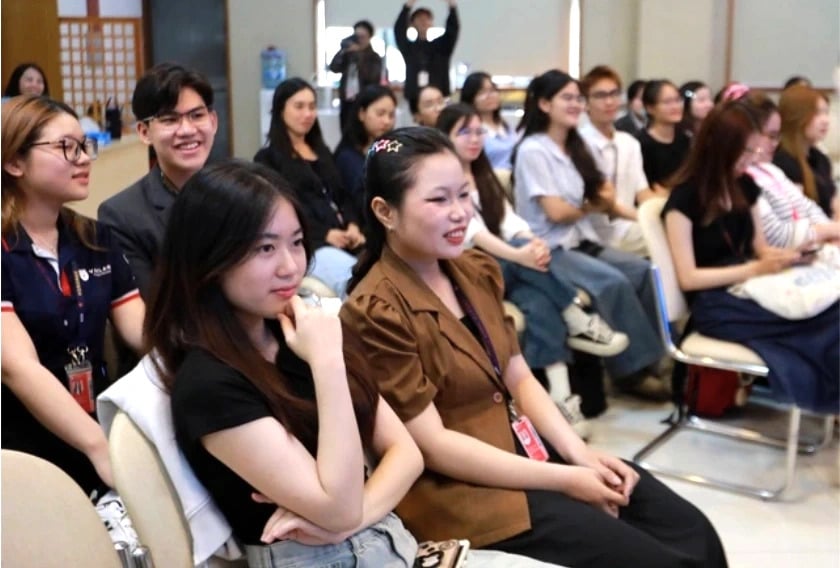
Student at a private university in Ho Chi Minh City
PHOTO: VICTORY
Up to now, the country has 242 higher education institutions, of which 175 are public and 67 are private. According to statistics of Thanh Nien Newspaper based on public information on the websites of the schools, in the top 10 higher education institutions with the largest training scale (undergraduate, master's, doctoral) in the country as of the 2024-2025 school year, there are up to 4 private universities. In particular, one school leading the country in terms of scale is Van Lang University (55,702). The remaining 3 schools are Nguyen Tat Thanh University (38,314) ranked 6th; Ho Chi Minh City University of Technology (38,205) ranked 7th and Duy Tan University (37,444) ranked 9th.
Some schools such as Cuu Long University and Nam Can Tho University have over 20,000 students. Hong Bang International University and Dong A University have over 10,000 students. This scale surpasses many other public universities.
In terms of total revenue, there are 4 private universities in the top 10 with the highest revenue in the country. Of which,FPT University has 4,400 billion VND, Van Lang University has 2,603 billion VND, Nguyen Tat Thanh University has 1,670 billion VND, Ho Chi Minh City University of Technology has 1,380 billion VND.
Many private universities also appear in prestigious regional and international rankings.
Investment in facilities and staff through policies to attract highly qualified lecturers, change training programs, international accreditation... have also been promoted by schools, helping the position of private universities today to be completely different from 10-15 years ago.
TAKE ADVANTAGE OF OPPORTUNITIES FROM POLICIES
At the first forum on private university education held on November 11, Dr. Tran Viet Anh, Vice Principal in charge of Hung Vuong University, affirmed that Vietnam has favorable policies for educational development, especially private university education.
The "quad" of resolutions that have an impact on Vietnamese university education mentioned by Dr. Viet Anh include Resolution No. 57 (December 2024) on breakthroughs in science, technology, innovation and national digital transformation; Resolution No. 59 (January 2025) on international integration in the new situation; Resolution No. 68 (May 2025) on private economic development and Resolution No. 71 (August 2025) on breakthroughs in education and training development.
The phenomenon of "blurred borders" hinders the development of private universities.
Professor Nguyen Loc, former Director of the Vietnam Institute of Educational Sciences and former Principal of Ba Ria-Vung Tau University, said that the boundary between public and private universities is "blurring", hindering the development of private universities.
According to Professor Loc, “blurred border” is a term used to refer to the border between public and private universities. It is the boundary between the public and private sectors, where the unclear “border” is blurring the role, mission and autonomy of private schools.
"One of the manifestations of "blurred margins" is that today public and private schools charge the same tuition fees, while in the world, public school tuition fees are often very low. The reason is that we are assuming that public universities are financially autonomous, causing public tuition fees to increase. Or the admission requirements at many public universities are lowered, or the "massification" of public university education through local branch campuses... The bigger the "blurred margins", the slower private universities will develop," said Professor Nguyen Loc.
"The Law on Education and Higher Education also provides preferential policies on tax, land, credit... to encourage the development of private schools. All of this shows that private higher education is determined to play a key role, both as an important supplementary force and a direct driving force for development. At the same time, it affirms that the private sector is the most important driving force of the national economy, a pioneer in innovation, scientific and technological development and digital transformation.
In particular, Resolutions 68 and 71 not only create a strategic vision but also set out an urgent requirement: private universities must quickly take the initiative and take advantage of new opportunities from policies to affirm their position, mission and contributions," said Dr. Tran Viet Anh.
PROPOSAL FOR A LAW ON PRIVATE UNIVERSITY EDUCATION
However, at the above forum, leaders of many private universities continued to raise practical problems and propose solutions so that private universities can be equal to public universities in the general university education system.
Lawyer Nguyen Kim Dung, Director of Legal Affairs and External Relations at British University Vietnam, said that although the private university system in Vietnam was formed from the socialization policy since the late 1990s, the legal framework on investment forms, investment capital management, and academic management is still unclear.

Investment in facilities and staff through policies to attract highly qualified lecturers, change training programs, international accreditation... has also been promoted by private universities.
Photo: VT
"Currently, private schools are applying the company model and the Enterprise Law. The lack of a clear legal framework has limited the role and contribution of the private university education sector to the national education system. To solve this problem, Vietnam should have a Private University Education Law," Ms. Dung proposed.
According to Ms. Dung, some countries in the ASEAN region have laws on private university education, such as Malaysia. This law mentions the ABC (Academic - Business - Corporate Governance) integrated governance model, clearly defining the rights and responsibilities of investors, governance models, and responsibilities of the school board for academics... Singapore also flexibly applies the ABC model, so the private university system is very developed.
Sharing the same view, Associate Professor Dr. Dao Thi Thu Giang, Principal of Dai Nam University, said that the private university governance mechanism is based on the model of "investor conference", "school council", principal and departments, functional departments operating almost like a business, so there is still a conflict of interest between investment strategy to implement quality goals and financial goals. "Currently, the private university mechanism lacks unified regulations on benefit sharing to balance the interests of investors, shareholders and sustainable development. Therefore, it is necessary to perfect the legal corridor, clarify the legal status and governance mechanism of the private university system", Associate Professor Dr. Giang shared.
Regarding policy implementation, according to Ms. Giang, in reality, private schools have not been recognized and treated equally in educational policies, finance, and access to state resources like public universities. "For example, private universities "have no chance" to participate in state-level scientific projects or preside over ministerial-level topics... Equal recognition will help change social awareness, creating conditions for private schools to develop dynamically and integrate," Ms. Giang commented.
Source: https://thanhnien.vn/binh-dang-truong-dh-cong-tu-can-khung-phap-ly-ro-rang-185251127175041947.htm










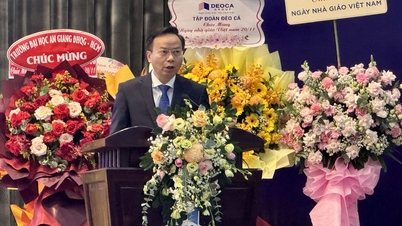

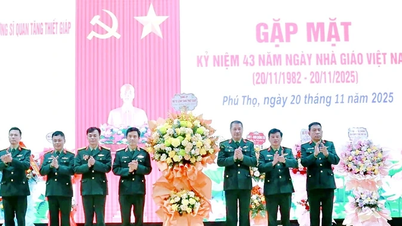


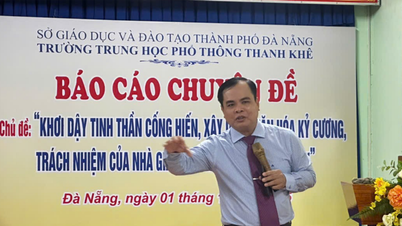





















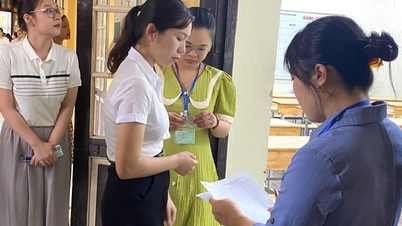





































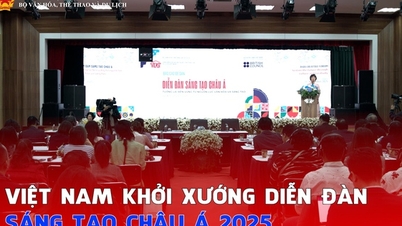
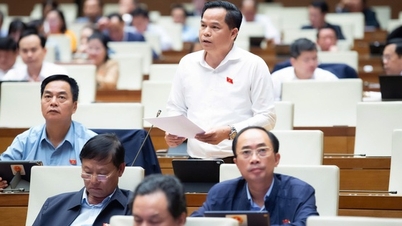

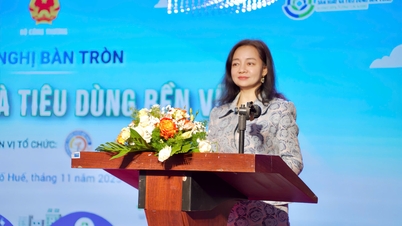



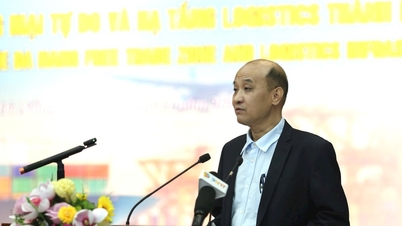

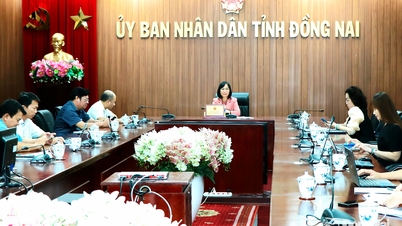

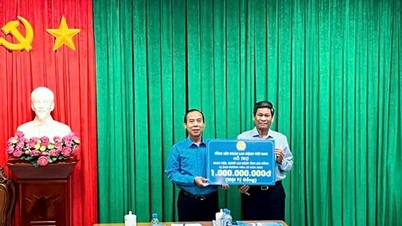















Comment (0)